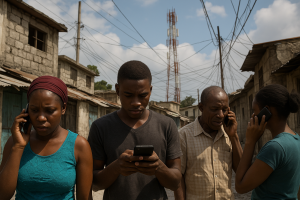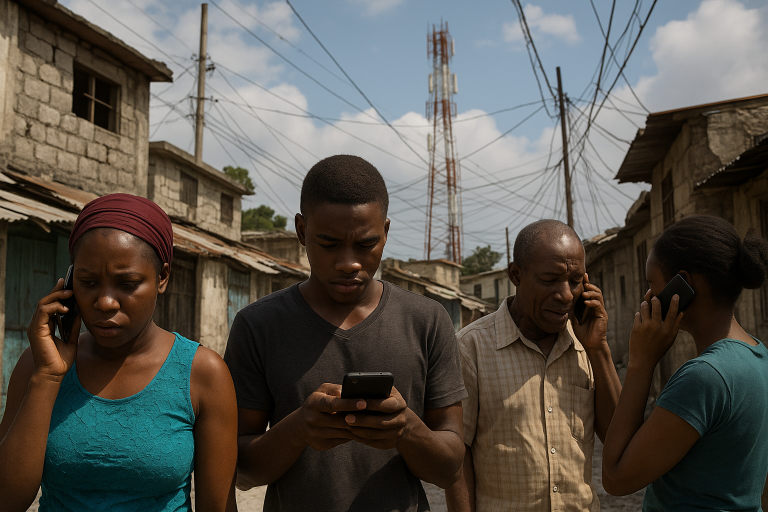In January 2010, Haiti was devastated by a catastrophic earthquake that claimed the lives of over 200,000 individuals, including hundreds of Americans and other foreign nationals. This tragic event left 1.5 million people homeless, causing profound damage to the nation’s infrastructure and economy. More than a decade later, the critical question arises: Is Haiti prepared for another cataclysmic earthquake? This article provides a comprehensive analysis of Haiti’s preparedness, highlighting the deep-rooted issues from systemic corruption to a disregard for the lessons learned in 2010, and underscores the urgent need for preparedness efforts.
The Shadow of 2010: Unheeded Lessons
The earthquake in 2010 was a brutal reminder of Haiti’s vulnerabilities, exposing inadequate building standards, lack of urban planning, and the dire state of emergency response mechanisms. Despite pledges of billions in aid from the international community, reconstruction efforts have been marred by bureaucratic delays, corruption, and a lack of transparency. As a result, sustainable infrastructure development and improvements in disaster preparedness have been minimal.
Corruption and Mismanagement: The Twin Barriers to Preparedness
Corruption and mismanagement have significantly impaired Haiti’s disaster response capabilities. Funds meant for disaster preparedness and infrastructure development have often been misappropriated, resulting in unfinished projects and missed opportunities. This cycle of unpreparedness amplifies the impact of disasters, strains the country’s resources, and complicates recovery efforts.
The Fragility of Infrastructure
Haiti’s infrastructure remains highly susceptible to seismic events. Most buildings and roadways are not constructed to endure earthquakes, posing immense risks during such disasters. This vulnerability is exacerbated by the country’s risk to hurricanes and floods, which can weaken structures further.
The Human Cost
The lack of preparedness in Haiti carries a significant human cost. Millions live in extreme poverty, with scarce access to clean water, healthcare, and education. The psychological impact of previous disasters, coupled with the ongoing threat of future calamities, heavily affects the population’s mental health and well-being.
Haiti’s Path Forward: Urgent Need for Action
To mitigate future disasters’ impacts, Haiti requires a comprehensive approach: investing in earthquake-resistant infrastructure, enhancing urban planning, improving emergency response capabilities, and promoting preparedness culture. International aid must be transparent and accountable to ensure effectiveness. Addressing corruption and mismanagement is crucial for any disaster preparedness effort to succeed. Strengthening governance and encouraging civic engagement can help build a resilient Haiti.
Haiti’s precarious position, compounded by the lessons of the past and the loss of lives, including those of hundreds of Americans and foreigners in the 2010 earthquake, underscores the urgent need for preparedness. The nation’s continued vulnerability to natural disasters highlights the importance not just of building stronger physical structures but of fostering a stronger, more resilient society capable of withstanding nature’s challenges. Without addressing the systemic issues plaguing the country, Haiti remains perilously unprepared for another cataclysmic event.












Add a comment